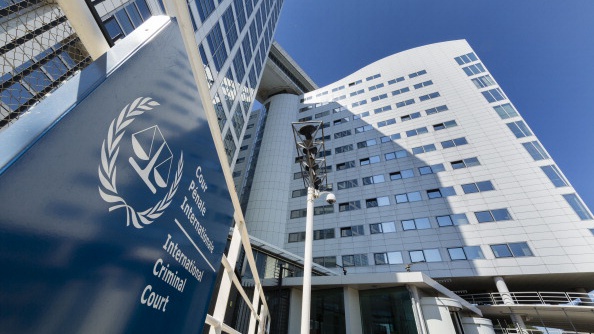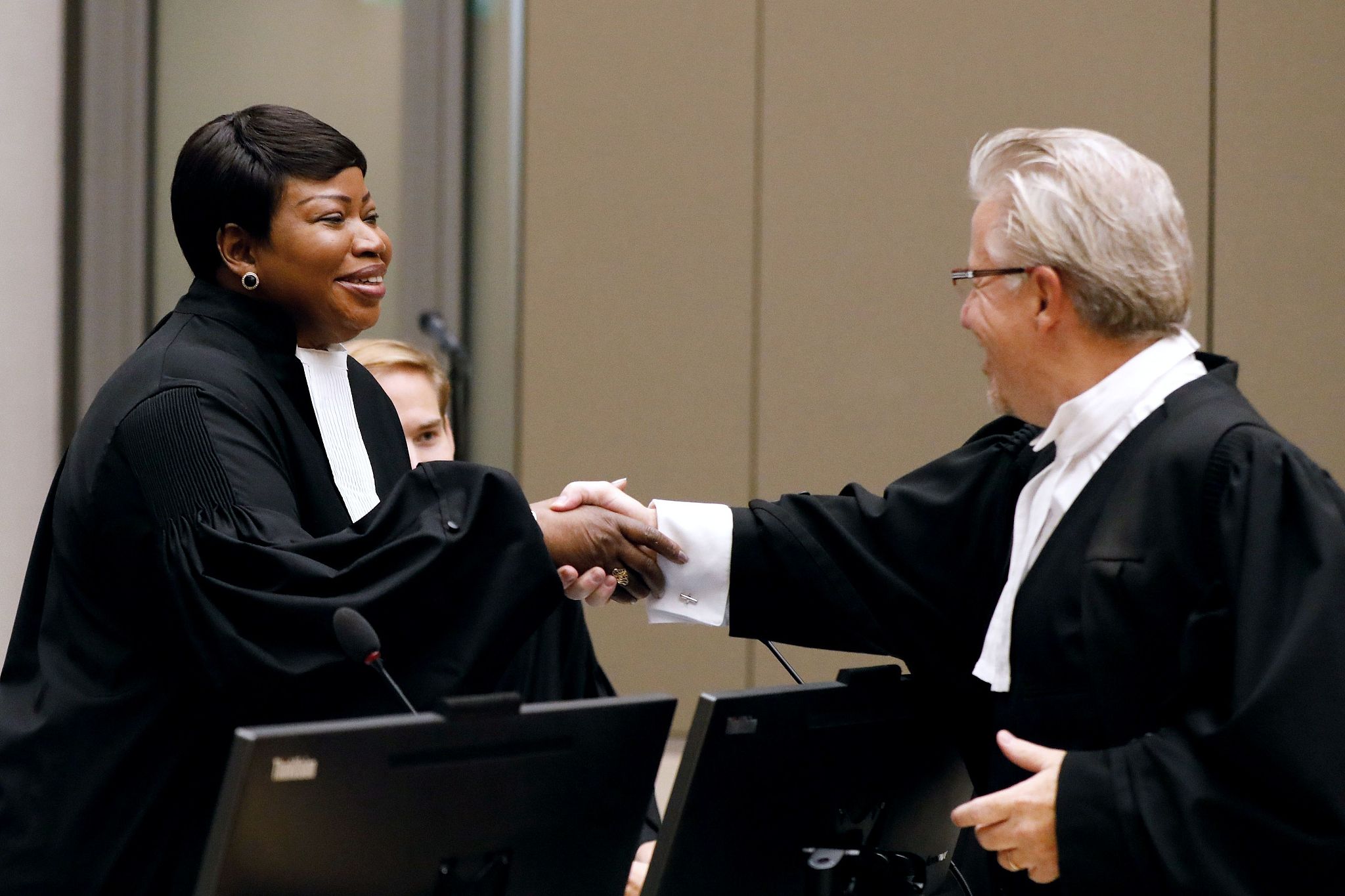
View of the International Criminal Court in The Hague, Netherlands, July 23, 2014. /Getty
View of the International Criminal Court in The Hague, Netherlands, July 23, 2014. /Getty
A new chief prosecutor of the International Criminal Court (ICC) could be named in the next few days but the process of finding a successor to Fatou Bensouda – somebody capable of prosecuting the world's worst war criminals and investigating cases of genocide – has been rife with obstacles.
Gambian lawyer Bensouda's mandate ends on June 15 and the search for a successor began in August 2019. But a meeting last December of the UN's Assembly of States Parties (ASP) – which oversees the ICC's work – came and went without an agreement.
And a new effort on Monday likewise stalled as objections were raised against the frontrunner, Britain's Karim Khan.
Now a new ASP meeting is set for Friday in New York, with the election high on its agenda.
Who's in the running?
The list of candidates for the job has fluctuated over the past year. From 14, the number has now been reduced to just four.
Leading the pack is Khan, ahead of Fergal Gaynor of Ireland, Carlos Castresana of Spain and Francesco Lo Voi of Italy, according to reports.
Khan helped prosecute cases at the International Criminal Tribunals for the former Yugoslavia (ICTY) and Rwanda (ICTR) and is currently a special adviser to the UN investigating ISIL crimes; Gaynor has worked with special courts prosecuting Khmer Rouge crimes and war crimes in Kosovo; Castresana helped bring charges against Chilean dictator Augusto Pinochet; while Lo Voi is the chief prosecutor in Palermo, Sicily, where he leads the Antimafia unit.
The ICC's new chief prosecutor will be the third in the history of the Hague-based court, after Bensouda and before her, Luis Moreno Ocampo of Argentina.
Each mandate is non-renewable and lasts nine years.
A few hurdles
New opposition to Khan's nomination this week has complicated things however.
The Guardian reported on Tuesday that a sovereignty dispute over the Chagos islands in the Indian Ocean threatens to sink his candidacy: although the UN maritime tribunal ruled last month that Mauritius had sovereignty over the islands, the UK maintains it does.
This refusal to comply with an international ruling "makes it very hard for the UK to claim a right to run international bodies like the ICC," Mauritius' ambassador to the UN, Jagdish Koonjul, told the newspaper.
He also wrote to UN delegations, sharing his concerns.

ICC Chief Prosecutor Fatou Bensouda shakes hands with a colleague at the International Criminal Court in The Hague, Netherlands, August 28, 2018. /CFP
ICC Chief Prosecutor Fatou Bensouda shakes hands with a colleague at the International Criminal Court in The Hague, Netherlands, August 28, 2018. /CFP
Meanwhile, a number of African organizations have expressed unease over Khan's candidacy, relating to his work defending Kenyan Deputy President William Ruto in front of the ICC, according to Arjun Sethi, a U.S.-based civil rights lawyer and adjunct law professor at Georgetown University.
"Advocates believe that the U.S., Israel, UK & Germany are pushing for @KarimKhanQC because he may shut down the ICC investigations into U.S. war crimes in Afghanistan and Israeli war crimes in Palestine," Sethi also tweeted.
The ICC ruled last week that it had jurisdiction to investigate alleged war crimes in the Palestinian territories, drawing condemnation from Israel and the U.S.
Lack of consensus
Khan however has not been the only one under fire.
Journalists for Justice, a Hague-based non-profit organization, noted that "states have been at pains for many months to find a consensus candidate" to replace Bensouda.
"The problem is that against every candidate there are one or more possible objections. He may be considered too close to those in power in one of the 'situation countries' where the ICC investigates and prosecutes atrocity crimes; he may be considered as lacking the necessary leadership experience to head a big organisation like the ICC OTP (Office of the Prosecutor); or he may be considered as not having the necessary experience with diplomatic relations," it wrote.
Meanwhile, there have been calls to reform the ICC.
"We need to bring experts from other countries to the court, and also get the Office of the Prosecutor (OTP) out of The Hague and into the territories where the problems are" by setting up field offices, Castresana said in a recent interview with Spanish newspaper El Pais. He also pushed for greater regional balance within the ICC's 300-strong staff, which is overwhelmingly dominated by Western Europe, Canada, Australia and New Zealand.
What's the rush?
With ASP member states still struggling to agree on a candidate, some have reportedly suggested taking more time to choose the next ICC chief prosecutor, regardless of when Bensouda's mandate ends. In the interim, the deputy chief prosecutor would head proceedings.
In an election, a candidate will need a majority of 62 votes out of 123 member states.
Ocampo and Bensouda were both appointed by consensus.

